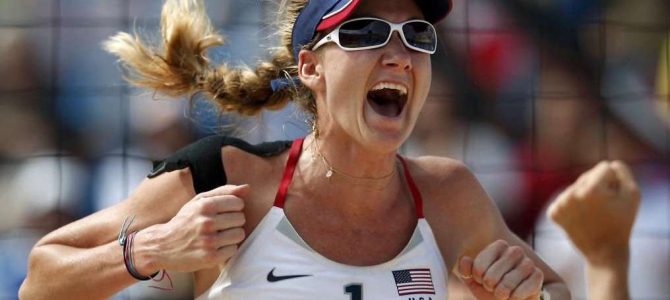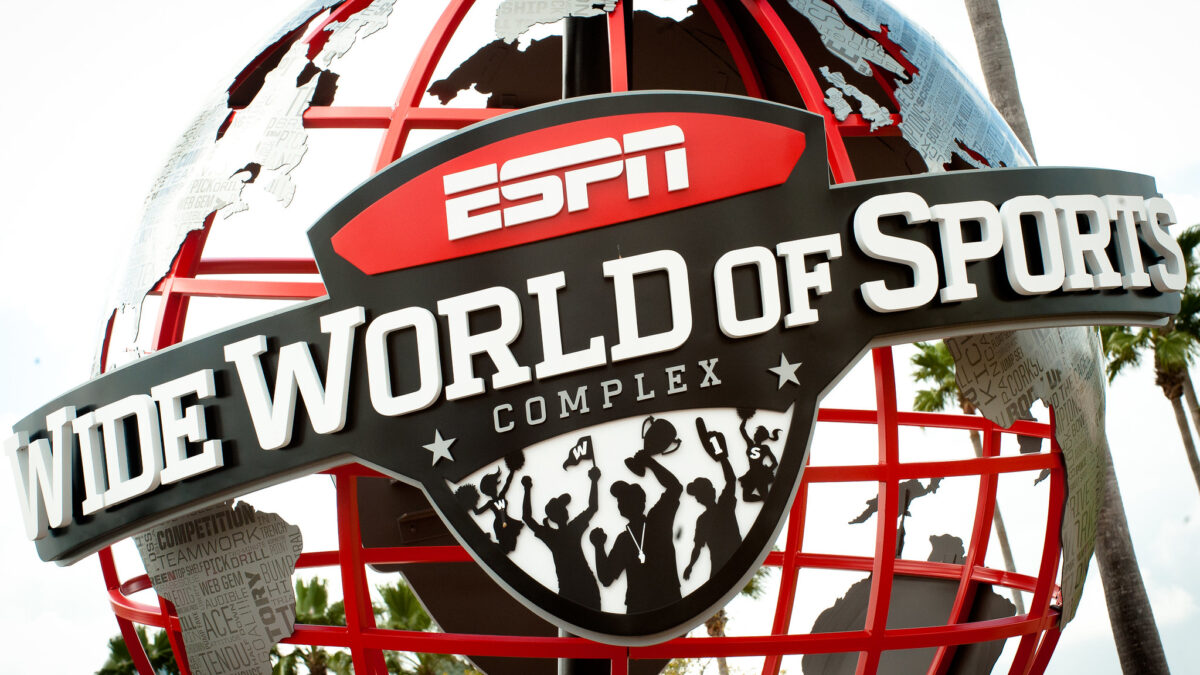
Let me be very clear. If I were ever to win an Olympic medal 17 months after giving birth and 18 months after going on bed rest and gaining 50 pounds, I would want the whole world to know it.
Dana Vollmer, 28, has done just that.
The American swimmer grew a human, had all of her internal organs shifted temporarily to make room for that human, gave birth to a human, got all her internal organs back where they belong, gained and lost 50 pounds, raised an infant, and still trained hard enough to make it to the Olympics.
I would have that story tattooed on my arm, so everyone could see it on my glistening bicep when the announcers weren’t talking about it. The story of her motherhood and comeback add to her awesomeness; they don’t subtract from it.
Yet because we are in the era of public complaining, there are those who must object to the coverage of Vollmer’s feats.
Because being a mother and being a gold medalist IS IMPOSSIBLE OH GOD GIRL BODIES ARE ONLY MEANT TO DO ONE OF THOSE https://t.co/OzCbKOotEa— (((Alysa Auriemma))) (@allyauriemma) August 8, 2016
He asks two men (not Phelps) about racing, Dana Vollmer about being a mom. (I think Jenna Bush also asked about the baby.) C’mon folks.— Elizabeth Chang (@ElizabethGChang) August 8, 2016
But shouldn’t Vollmer’s story make modern women, and even Internet feminists (dream the impossible dream), happy? She is dominating a historically male area of accomplishment—professional sports—while honoring the exclusively female physical accomplishment of birthing new life. She willed her body to be both things, back to back. She worked and sacrificed to make her life accommodate both and found a partner who supports her dreams. She is the Simone Biles of work-life balance.
But because the coverage of Vollmer tells her whole story, not just that of her athletic accomplishments, some call it sexist.
A couple thoughts:
1. Pregnancy and birth are physical feats, and they make her subsequent accomplishments all the more admirable. I remember the moment I learned, post-baby No. 1, that my core and abs would have to learn to be muscles again. I went to the doctor three months after giving birth feeling rickety and thinking there was something wrong with me. I was informed I’d spent 30-some years being an athlete (mediocre, but still), and 9 months turning the middle of my body into something it had never been before, and it would need some time to regain some semblance of its original function.
2. Perhaps a woman who takes her toddler to important qualifying meets with her, not knowing whether he’ll let her sleep the night before a race, is a woman who doesn’t mind being asked about motherhood. She wouldn’t excise it from her story and neither should media coverage of her.
3. One’s weight is a pretty important part of pregnancy and a pretty important part of being a professional athlete. It’s not sexist to note this. Vollmer herself credits the changes in her body during pregnancy with pushing her to get back in the pool:
‘I think pregnancy as a whole was just way different than I thought it was going to be,’ Vollmer acknowledged, describing her seven and a half weeks of bed rest as ‘miserable.’ For Vollmer, returning to swimming was a response to ‘those emotions and feeling so out of control with what was going on in my body.’
Another female Olympian drew Twitter ire when she told an NBC reporter, “I feel like I was born to have babies and play volleyball.” Kerri Walsh, the towering blonde American volleyball player, was five weeks pregnant with her third child when she won gold in London in 2012.
She credits her children with improving her play: “They gave me that perspective and balance I thought I was missing. It took my game and my desire and my passion for life to the next level. I am hugely indebted to my children.”
Some argue it’s unfair male athletes are asked less often about their fatherhood. This week, there was a giant New York Timespiece on Michael Phelps’ new role as father. It’s not the first time an Olympian’s fatherhood has been the focus, as Mollie Hemingway noted during the 2014 Sochi Games. The discrepancy, such that it is, may be cultural bias, but Phelps is also asked less about it because his body—the very instrument needed for competition—didn’t have to change drastically to have a kid.
Olympic coverage hasn’t been perfect, and there are both data and anecdotes to suggest sexism in coverage of female athletes. But the Olympics are also about the only time female athletes get as much attention as men. I love to hear their stories and get to know them, because they’re interesting people playing sports I don’t usually follow. Since when is recognizing several facets of a female public figure sexist?
The stories of Vollmer and Walsh are beautiful and powerful. Their bodies are, too, not because of their post-baby abs, but because they are the physical embodiment of the modern quest to “have it all.” As anyone juggling a career and family knows, “having it all” actually requires a lot of sacrifice. The hours and hard work are written all over them, and when they tell their own stories, they don’t edit out motherhood. We shouldn’t do it for them.
Walsh should have as many babies and play as much volleyball as possible, because she’s damn good at both. She has expressed a desire to have a fourth kid and win a fourth medal. Git it, gurl. The country is better off if she does.









